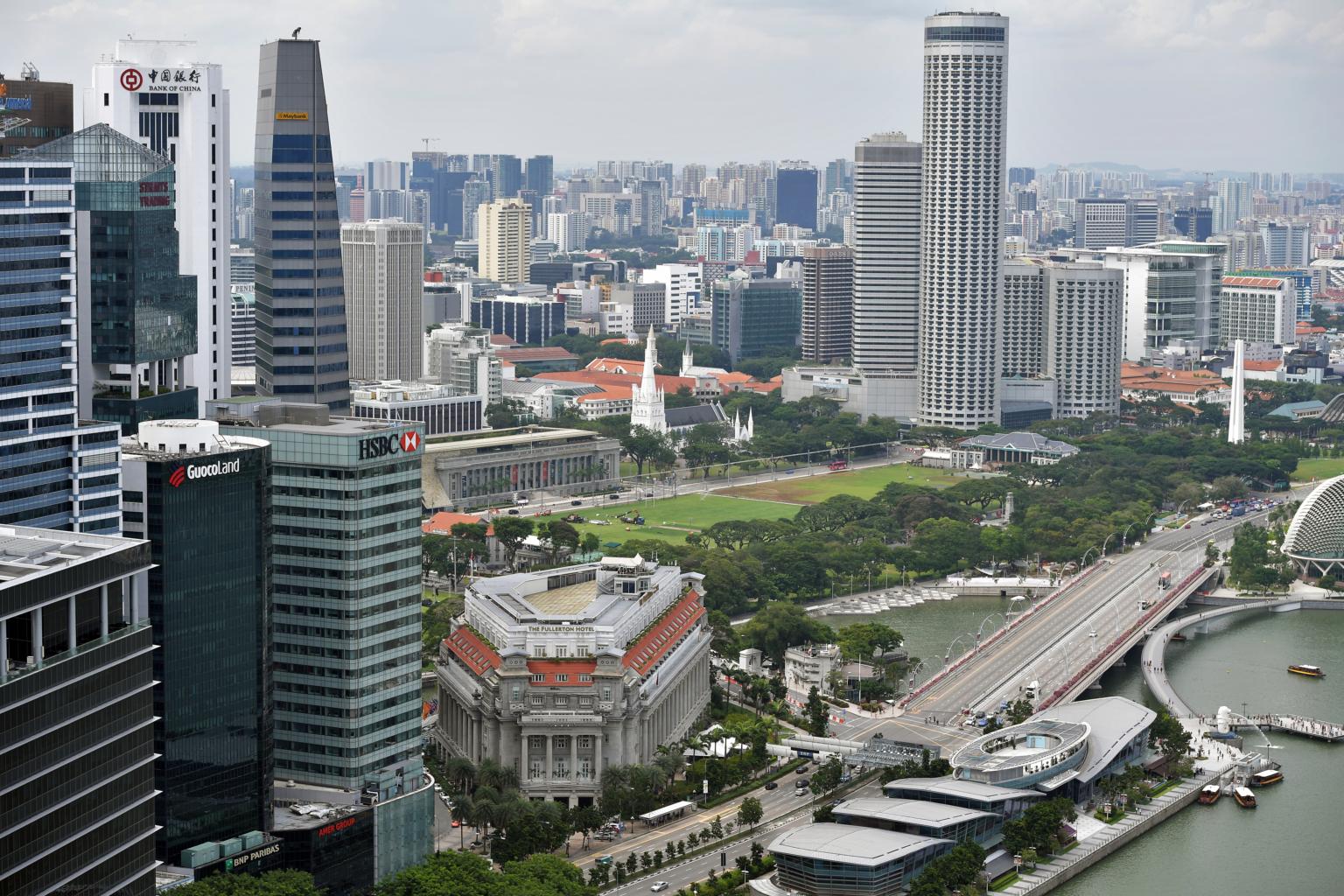New research programmes, governing council set up to address challenges Singapore is facing
Sign up now: Get ST's newsletters delivered to your inbox

Three new research programmes designed to address Singapore's challenges were announced during the 10th anniversary of the Campus for Research Excellence And Technological Enterprise.
PHOTO: ST FILE
Lester Hio
Follow topic:
SINGAPORE - Scientists and researchers from top universities across the world will start on three new research programmes, totalling $82.5 million in funding, that will address Singapore's challenges.
They will work in collaboration with local agencies and institutions here.
These research initiatives were announced during the 10th anniversary of the Campus for Research Excellence And Technological Enterprise (Create), which was set up by the National Research Foundation (NRF) to forge collaboration between local and top overseas research institutions to conduct research here.
The programmes include the use of sensors to monitor plants to grow healthier, leafier crops, finding ways to counter drug-resistant microbes, and developing cyber-physical security systems to protect important infrastructure such as the energy, transport and advanced manufacturing sectors.
Finance Minister Heng Swee Keat, who opened a symposium on Friday (Dec 1) to mark Create's anniversary, said: "Create has provided Singapore, our partners and their faculties a unique environment in which to interact and discover ways to make an impact that might not have been possible otherwise."
Mr Heng, who is the NRF's deputy chairman, added that since Create's inception in 2007, the campus has filed 540 patent applications and 336 invention disclosures, and started 15 spin-off companies.
Create currently has about 1,100 researchers and scientists from more than 40 countries, including those from local institutions such as the National University of Singapore (NUS) and the Nanyang Technological University (NTU).
Research into using sensors to track the health of crops in real time will begin in January 2018, with the NRF providing $40 million in funding. .
The team behind the research, with members from the Temasek Life Sciences Laboratory and the Singapore-MIT Alliance for Research and Technology, will develop ways to implement sensors that can detect chemical changes in plants when they are not growing well in their environment.
The team's principal investigator, Dr Rajeev Ram from the Massachusetts Institute of Technology, said: "It's like taking a picture of the plant, but that picture has chemical information."
This can be put to use in urban or vertical farms to increase crop yield. Farmers can then respond to plants which are not growing well by tweaking environmental factors, such as giving them more light or water.
The goal is to minimise food waste by reducing the amount of yellowing or unhealthy produce which gets thrown out by farmers. The team will work with local vertical farm Greenphyto to see how such sensors can be implemented in a commercial setting.
Another research project in antimicrobial resistance will also begin next January, which the NRF will fund $30 million over five years. Led by biological engineer Peter Dedon from MIT and NTU's School of Biological Sciences chair Peter Preiser, the research team will examine the mechanisms behind drug and antibiotic resistance in bacteria, parasites and viruses, and come up with ways to identify and treat such cases.
Mr Heng also announced the creation of a new Create governing council, led by former head of the civil service, Mr Peter Ho. It will oversee the campus' overall strategy for research direction and engagement between local universities and overseas partner institutions.
Former president Tony Tan Keng Yam, who started Create in 2007 when he was then chairman of the NRF, was also recognised at the event on Friday morning at the Create campus at NUS' University Town.

